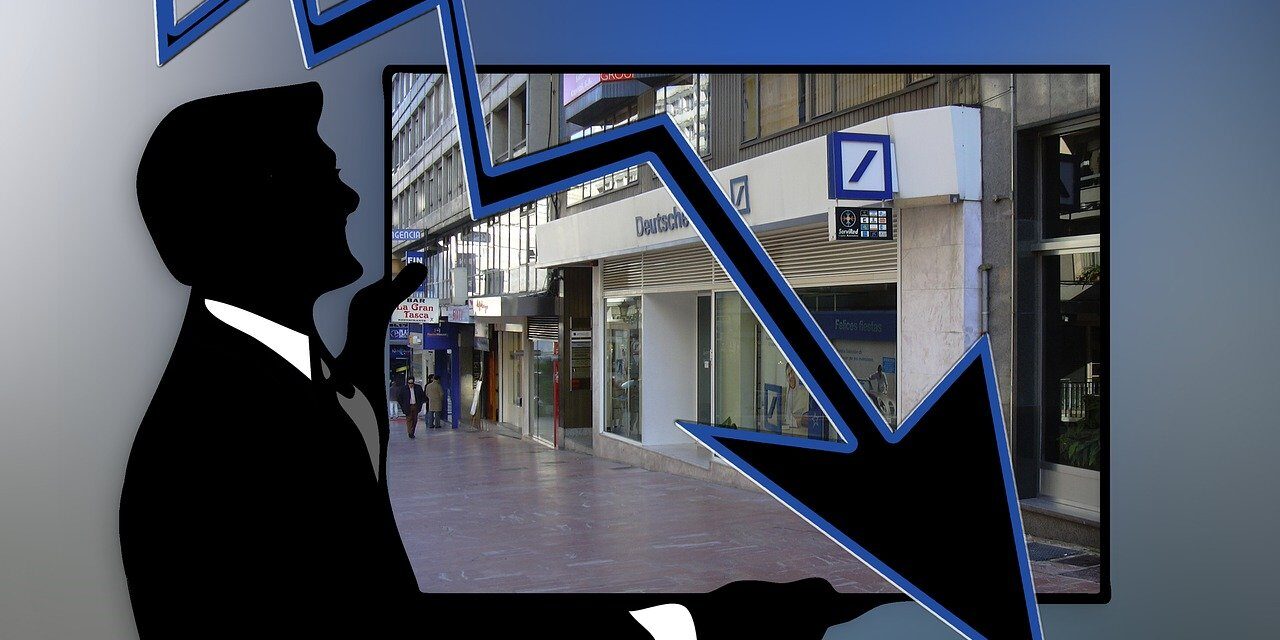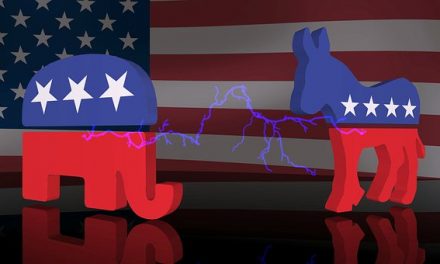Image by Gerd Altmann from Pixabay
June 23, 2021-
Learning economic lessons from history – the dangerous economic parallels between the inflationary causes of the 1970s and 2021.
Current economic trends can only lead to one conclusion – the trend is reminiscent of the menacing inflation of the 1970s.
Why?
President Joe Biden’s spending plans and budget deficits are reminiscent of what led to the inflation that followed President Lyndon Johnson’s Vietnam War and Great Society.
It’s a tragic waste as President Biden and the nation were set to benefit from the major economic successes of the Trump Administration’s policies.
Inflation was non-existent, businesses enjoyed solid profits, wages were up, the unemployment rate plummeted to 3.5 percent and the stock market soared 40+ percent to fatten Americans’ 401(k) retirement savings and investing accounts.
The stock market is still strong and the unemployment rate isn’t terrible despite the COVID-19 pandemic.
But led by costs for new homes, cars, food, furniture, clothing and gasoline, consumer prices have surged 5 percent in May. That’s the fastest rate increase since 2008. Who can’t remember the Great Recession?
What’s worse is that President Biden and Federal Reserve Chairman Jerome Powell are in complete denial. The president plans to spend the U.S. into a bankrupt oblivion. The Federal Reserve keeps rates low and printing money while Fed Chairman Jerome Powell discounts the threat of inflation (Fed’s Powell Plays Down Inflation Threat – WSJ).
Their monetary policies – supported by Democrats who control the White House and the House of Representatives and half of the Senate – are seemingly aiming for endless massive budget deficits.
Meantime, U.S. debt is soaring out-of-sight.
Correlation with 1970s
Democrats and the Fed are behaving like their respective predecessors President Johnson and Fed Chairman Arthur Burns, who also once claimed the 1970’s inflation was only temporary.
Like other political leaders, President Richard Nixon was complicit in dysfunctional policy-making. He inherited a recession from the Johnson years and he feared a recession would cause him to lose re-election in 1972 so he pressured the Fed to lower interest rates.
While President Nixon and Congress continued to fund the Vietnam War, to the delight of Democrats social-welfare spending soared, and Social Security was expanded. Then, the president effectively fired Fed Chairman William McChesney Martin and nominated Mr. Burns.
Easy-money falsehood
Initially, the cheap money was a catalyst for growth. Voters were fooled into thinking America was enjoying prosperity and they re-elected President Nixon by a landslide in 1972.
Note: high inflation results from a sudden spike in the cost of goods and services because it depletes the purchasing power and savings of consumers.
But this economic truism is lost on the Biden Administration as it ostensibly was on Chairman Burns, who served from 1970 to 1978.
Mr. Burns spearheaded easy-money policies causing inflation to raise its ugly head under pressure from then-President Nixon. Mr. Nixon’s efforts were in vain as his thirst for power, which led to Watergate, later cost him his job and reputation.
Unlike average Americans, Mr. Burns was too late in recognizing inflation was about to spike. It hit 8.8 percent in 1973.
President Gerald Ford pardoned Nixon to end the Watergate nightmare so he could govern and focus on soothing the nation’s economic woes. He launched the initiative, WIN (Whip Inflation Now). He urged Americans to save money and to be disciplined in their spending.
But it was too late as inflation hit 12 percent and peaked at 14 percent by the election year of 1980.
More economic devastation
Interest rates skyrocketed to 20 percent in the late 1970s putting new homes and cars out-of-reach and making a carton of milk too costly for countless Americans.
Businesses were ruined and countless people and families were traumatized by soaring unemployment and high prices.
Ironically, even John Connolly was forced to file for bankruptcy. (He had been Governor of Texas, Secretary of the Navy under President John Kennedy and Treasury Secretary in the Nixon Administration.)
A negative market psychology swept across the nation and two subsequent presidents – Republican Ford and Democrat Jimmy Carter – were fired by the voters when they sought to stay in office.
After the 1980 election of President Ronald Reagan, the inflationary pressures were finally solved because he implemented efficient macroeconomic policies.
Democrat-Fed dysfunction
In 2021, we now have Soviet-styled economic policies.
Defunding the police has led to a high crime rate that’s devastating victims and burned-out small businesses.
President Biden and his party also want mega tax increases, more social-welfare spending and elimination of the fossil-fuel industry. By nixing the Keystone XL Pipeline, he has already killed thousands of energy-related jobs.
The nation is suffering from a massive labor shortage – 9.1 million unfilled jobs – as Congress pays people to stay home in the guise of pandemic relief. Countless Americans admit the government benefits have paid them more not to work than their employers.
High consumer prices, deficit spending, high taxes on corporations and individuals will lead to diminished profits and higher unemployment, and it will turbo-charge the rate of inflation to strangle economic growth.
Why not learn from the politics of the 1970s? Socialism is not sound economic policy and it’s a sure way to run a great nation into the ground. Many Americans are already feeling the consequences from the policies of President Biden and the Fed.
From the Coach’s Corner, read more public-policy articles.
“Once in a while you get shown the light in the strangest of places if you look at it right.”
-Grateful Dead song, “Scarlet Begonias”
__________
Author Terry Corbell has written innumerable online business-enhancement articles, and is a business-performance consultant and profit professional. Click here to see his management services. For a complimentary chat about your business situation or to schedule him as a speaker, consultant or author, please contact Terry.






